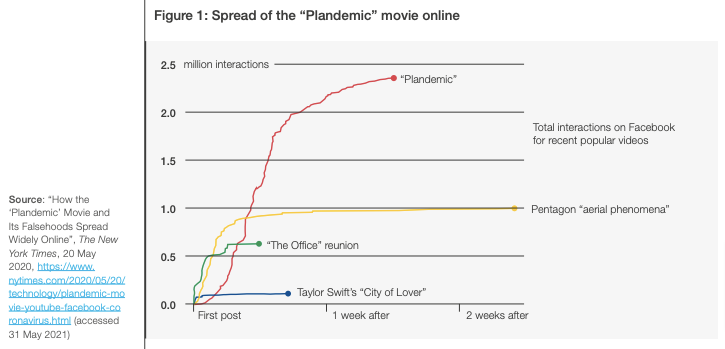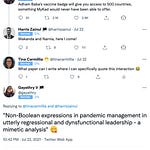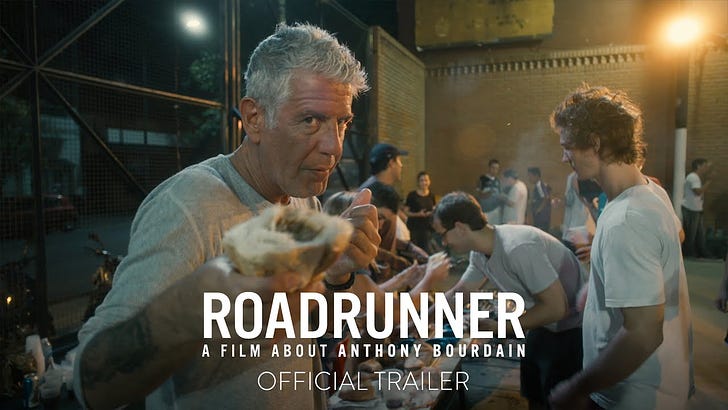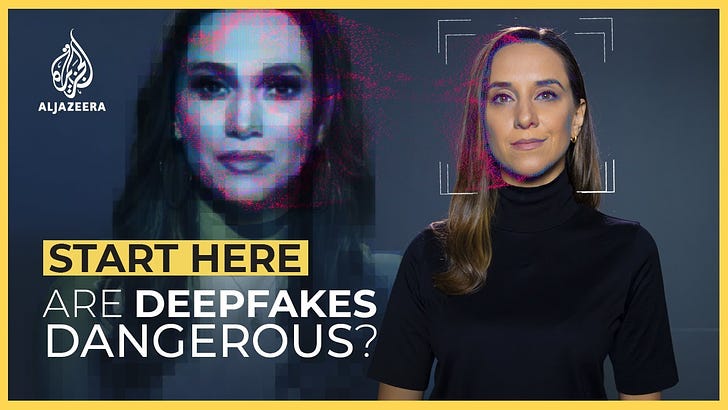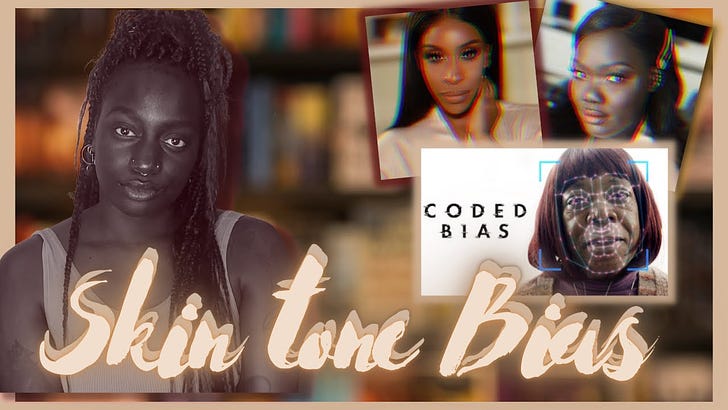This week…
Instagram is no longer a photo app, Facebook is no longer… whatever it was. Actually, wait. Facebook still is whatever it was: An idea stealer. 🙃 In a response to the growing popularity of newsletters thanks to Substack, Facebook launched Bulletin and recruited high profilers like Malcolm Gladwell and Mitch Albom to launch publications. Facebook also recently launched Live Audio Rooms as its Clubhouse competitor. Meanwhile head of Instagram Adam Mosseri said that “TikTok is huge, YouTube is even bigger” so it’s time for Instagram to focus on creators, videos, shopping and messaging. Please believe that this whole paragraph was written with a straight face.

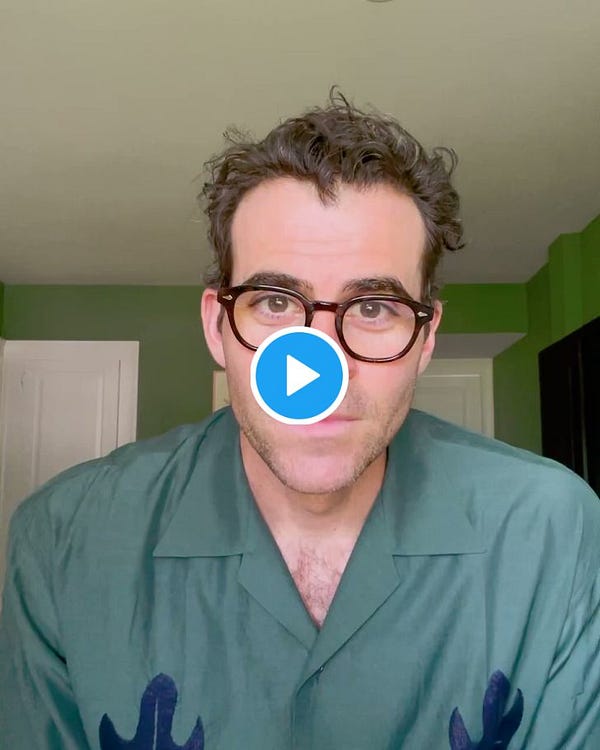
And for our interview segment, the second part of my conversation with content creator Emmanuel Olalere about creating better, more meaningful social media interactions. You can find the full transcript at the link below. But first, a selection of top stories on my radar, a few personal recommendations, and the chart of the week.
The influencer who lied about having cancer
When this story about Belle Gibson’s cancer con broke, I also did a small coverage about it. By 2017, it served as the basis of my press fellowship application at Wolfson College. My premise was simple: It’s 2016 and everyone was now talking about ‘fake news’ but misinformation around health and science has been around before Donald Trump made up that buzzword. Health, science and environmental journalists have been dealing with anti-vaxxers, climate change deniers, and flat earthers for a much, much longer time. So let’s explore the history and psychology behind misinformation in science news, and study the business models of Big Tech companies that enabled the mainstreaming of misinformation in science news.
My proposal was accepted, I deferred my fellowship to 2019 because of the 2018 Malaysian general election but continued to work on the research between those years, and… that’s a short history of how I got here. But check out the documentary on BBC Three if you can. I haven’t seen it, but I think it would be a good watch.
Related, Ushar Daniele for SCMP: Malaysia’s influencers cash in on health and beauty boom as critics cry ‘pseudoscience’.
Why some biologists and ecologists think social media is a risk to humanity
Shirin Ghaffary for Vox:
Social media has drastically restructured the way we communicate in an incredibly short period of time. We can discover, “Like,” click on, and share information faster than ever before, guided by algorithms most of us don’t quite understand.
And while some social scientists, journalists, and activists have been raising concerns about how this is affecting our democracy, mental health, and relationships, we haven’t seen biologists and ecologists weighing in as much.
That’s changed with a new paper published in the prestigious science journal PNAS earlier this month, titled “Stewardship of global collective behavior.”
Carl Bergstrom is a co-author of the paper, by the way. Remember him, the guy who co-developed the infamous course, Calling Bullshit?
The battle against online misinformation in Asia
Opinion piece by Asia Internet Coalition’s managing editor Jeff Paine for Thomson Reuters Foundation News:
Digital education must be built into the school curriculum from the earliest years and become as commonplace in the classroom as math or science. Stakeholders should also work together to develop targeted programs for more vulnerable groups such as the elderly, and communities that are coming online for the first time.
Similarly, supporting independent journalists and fact-checkers ensures that citizens have access to important context and counter narratives to enable them to make informed decisions about what to read and trust online. Funding and training for journalists should be part of a whole-of-society response.
What I read, watch and listen to…
I’m reading All The Right Words On Climate Have Already Been Said by Sarah Miller. It’s time for the right weapons, she said.
I’m watching Jordan Harrod’s video essay on whether blockchain can improve machine learning privacy.
I’m listening to Body Stuff by Dr. Jen Gunter on how much water do you actually need because “it seems unlikely that our ancestors carried giant water bottles around with them at all times.” Transcript is available, for skimmers.
Chart of the week
From the World Economic Forum’s report, Advancing Digital Safety: A Framework to Align Global Action:



